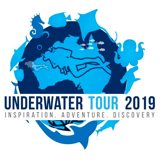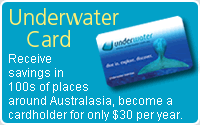- Home
- Directory
- Shop
- Underwater Cameras - Photographic Accessories
- Smartphone Housings
- Sea Scooters
- Hookah Dive Systems
- Underwater Metal Detectors
- Dive Gear
- Dive Accessories
- Diving DVD & Blu-Ray Discs
- Diving Books
- Underwater Drones
- Drones
- Subscriptions - Magazines
- Protective Cases
- Corrective Lenses
- Dive Wear
- Underwater Membership
- Assistive Technology - NDIS
- On Sale
- Underwater Gift Cards
- Underwater Art
- Power Stations
- Underwater Bargain Bin
- Brands
- 10bar
- AOI
- AquaTech
- AxisGo
- Backscatter Underwater Video and Photo
- BLU3
- Cayago
- Chasing
- Cinebags
- Digipower
- DJI
- Dyron
- Edge Smart Drive
- Eneloop
- Energizer
- Exotech Innovations
- Fantasea
- Fotocore
- Garmin
- Geneinno
- GoPro
- Hagul
- Hydro Sapiens
- Hydrotac
- Ikelite
- Indigo Industries
- Inon
- Insta360
- Intova
- Isotta Housings
- Jobe
- JOBY
- Kraken Sports
- LEFEET
- Mirage Dive
- Nautica Seascooters
- Nautilus Lifeline
- NautiSmart
- Nitecore
- Nokta Makro
- Oceanic
- Olympus
- OM System
- Orca Torch
- Paralenz
- PowerDive
- QYSEA
- Scubajet
- Scubalamp
- Sea & Sea
- SeaDoo Seascooter
- SeaLife
- Seavu
- Shark Shield
- Sherwood Scuba
- Spare Air
- StickTite
- Sublue
- Suunto
- SwellPro
- T-HOUSING
- Tusa
- U.N Photographics
- Venture Heat
- XTAR
- Yamaha Seascooter
- Youcan Robot
Becoming a Diver
Contributed by Wandy Hochgrebe
Why would you want to learn to SCUBA dive?
SCUBA stands for Self Contained Underwater Breathing Apparatus. SCUBA diving gives you the opportunity to explore a world that is vastly different to ours. The oceans are so rich with life and have a huge variety of living organisms, all adapted to their little habitats. Most of the creatures you will find, look more like aliens than something you might expect to encounter on this planet. Some historic wrecks and caves are hidden below the waters surface, ready to be explored. The fact that you carry your air supply strapped to your back enables you to enjoy every detail of the underwater environment without having to rush back up for more air.
Certified SCUBA divers can dive all over the world. Everywhere where there is water, there might be an underwater challenge. Whether you enjoy the biological or the technical aspect SCUBA diving has to offer.
Who can SCUBA dive?
Everybody who has a good general health can learn to dive from the age of 8 years old. Unless you have diabetes, epilepsy, or respiratory problems such as asthma, there should not be a reason why you could not become a diver. People of all ages can learn to SCUBA dive. Pregnant women should not dive, as the effects of SCUBA on a developing foetus are not known. In Australia a dive medical is performed to make sure aspiring divers are fit and healthy enough. Other than that, a SCUBA diver has to be able to swim and feel reasonably comfortable in the water. Some people worry about the fact their ears hurt when they dive to the bottom of a pool. During your Open Water Dive course you will learn how to feel relaxed and equalize your ears and sinuses. In general, young divers need to be accompanied by an adult certified diver on all dives until they are 15 years of age, when their Junior Open Water certificate or equivalent is upgraded to a regular one.
Isn't SCUBA diving really dangerous?
As with any sport, there are risks involved by going SCUBA diving. Proper training, carefully planning of dives and accurately estimating diving conditions and abilities of people in the group will eliminate most risks. The most common issues facing a diver are Arterial Gas Embolism and Decompression Sickness. Most of the time these can both be prevented by following the safety procedures taught in courses and by not pushing the time limits of the dive tables. The media is always keen to report freak accidents and sometimes make SCUBA diving look more dangerous than statistics prove it to be.
And what about all the vicious marine animals that are waiting to attack or eat you? Most of those "attacks" on divers happen because the divers themselves harassed or fed the animals involved in the first place. Responsible dive schools will teach you that as long as you leave the marine life alone, it will leave you alone. "Don't touch, just observe" is a golden rule.
Where to go to become a certified SCUBA diver?
All over Australia dive shops offer Open Water Diver courses and there are different certifying agencies. NAUI, SSI and PADI are the three largest ones and all three agencies are recognised internationally. Prices for courses might vary depending on season, location and competition. Although the agencies have minimal standards for their courses, some shops include a few extras and offer more value for money. It is important to ask questions such as: Where will we go diving? Are they boat dives or shore dives? How large are the classes? Can I keep the textbook or is that extra? Is gear hire included? Do I have to buy my own snorkel gear at the beginning or can I buy later? How is the dive medical arranged and is it included in the price? If you are not sure whether you want to do a full course, it is normally possible to do an introductory or resort dive. You will do a one off dive with an instructor right by your side. At the end you are not certified, but you have a bit of an idea what it is like to be underwater.
What happens during an Open Water Dive course?
Generally the course has four parts: theory, pool sessions, open water dives and a knowledge review. During the theoretical part you will learn the basics on diving physics, safety, diving gear and how to use dive tables to estimate the amount of nitrogen absorbed by your body. Generally, a textbook will be available to read through the theory, you will watch some videos and your instructor will elaborate on the theory discussed in the textbook and videos and hopefully clarify any remaining issues. The theoretical knowledge is tested in a knowledge review to make sure you understand what your instructor has been teaching you. In the pool you will become familiar with your dive gear, which buttons to push and which hoses to connect to what, how to control you buoyancy and how to act when your mask lets water in or when you regulator drops out of your mouth.
The open water dives give you the chance to practise the skills you have learned in the pool in a more realistic environment. Visibility might be less than in the pool (depends where you go or what pool you used!), there might be a bit more wave action, some currents and greater depth. Some people prefer to learn how to dive in a tropical location, but you will definitely be a more confident diver if there are some challenges during your course and the dives afterwards. However, an Open Water Dive course should always offer you a safe environment in which you become familiar with the new surroundings.
What is next?
After you have finished your Open Water Dive course you are ready to do some more diving. It is only the beginning. An experienced diver is a good diver. Especially in the beginning it is easy to forget the important things you have learned during your course. By the way, it is perfectly fine not to feel confident to do a certain dive until you have more experience. Always dive safe with people you trust.
If you decide you want to learn more skills it is always possible to do more courses. You can do a few more courses and become a dive instructor or you might be interested in more technical challenges and do deep, cave or wreck diving, learn to use different gas mixtures so you can go deeper for longer or do a course in dive gear maintenance. It is a great passion and once you are converted you will find that there are so many people that are already certified SCUBA divers, plenty of websites to visit (of course especially www.underwater.com.au) and lots more money to spend.
So what are you waiting for ... just dive it!
Photos by Tim Hochgrebe from PLANULA Video Productions in Byron Bay
Shopfront
-
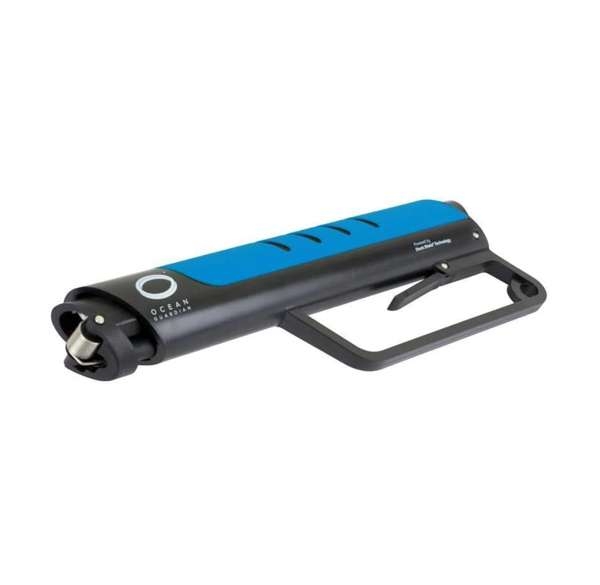 Ocean Guardian eSPEAR - Shark Shield
Ocean Guardian eSPEAR - Shark Shield
- Price A$ 349.00
-
 Nautica Seascooter Marine 500
Nautica Seascooter Marine 500
- Price A$ 899.00
-
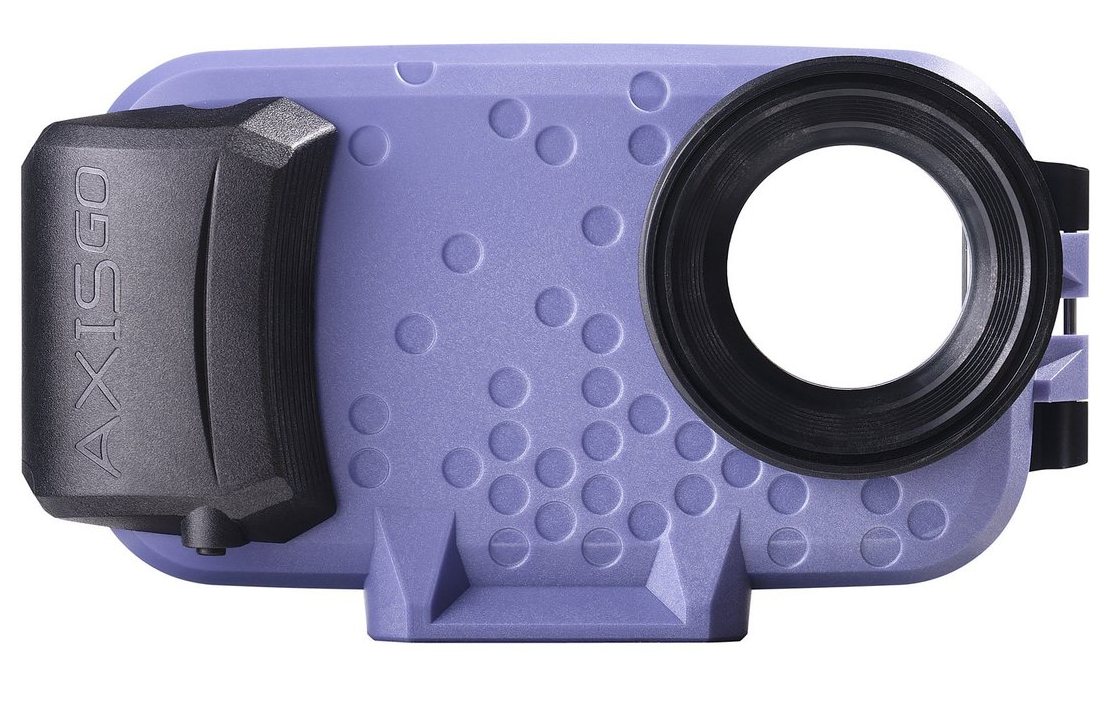 AxisGO Waterproof Case for iPhone 12
AxisGO Waterproof Case for iPhone 12
- Price A$ 169.00
-
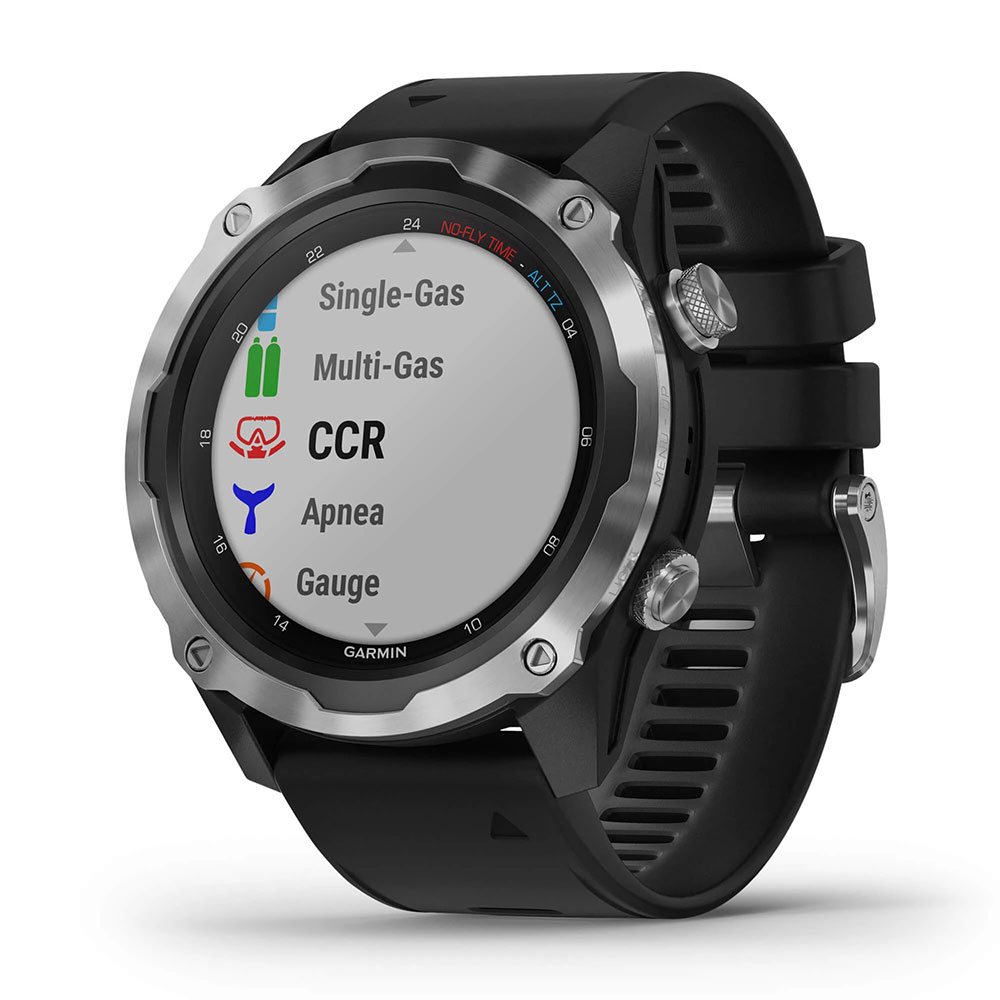 Garmin Descent Mk2 Watch Dive Computer - Stainless Steel - Black Band
Garmin Descent Mk2 Watch Dive Computer - Stainless Steel - Black Band
- Price A$ 2,039.00
In the Directory

 AquaTech Australia
AquaTech Australia
Since 1998 AquaTech has been at the forefront of the design and manufacture of professional photographic accessories.
 Fantasea Australia
Fantasea Australia
Fantasea Line is an international company that has been involved in diving, water sports and photographic industries for nearly 40 years.



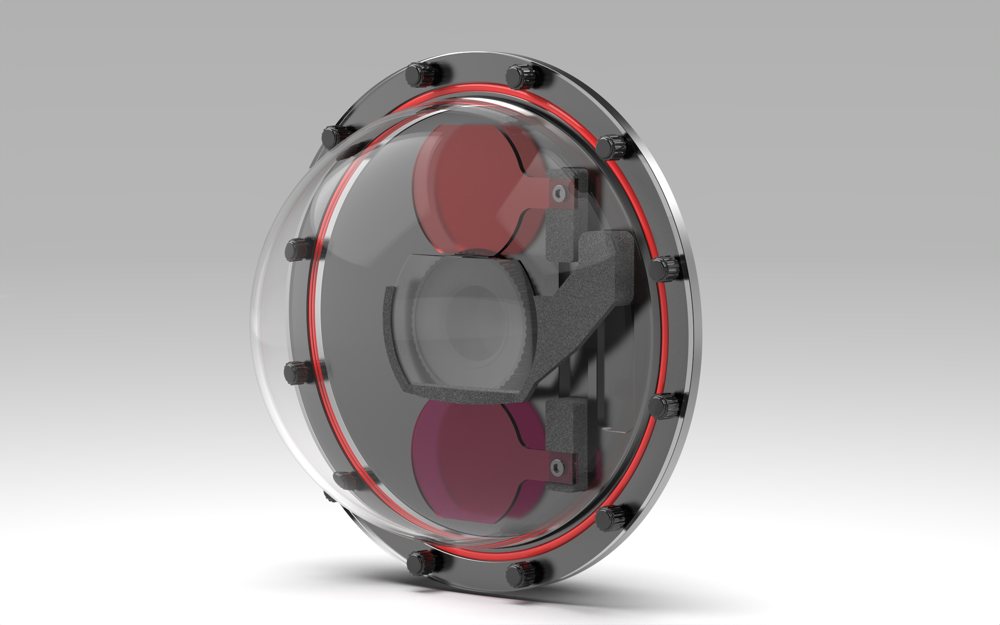
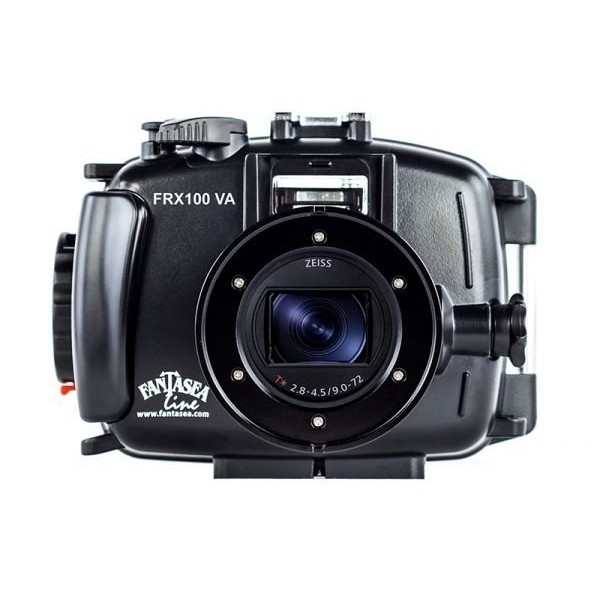
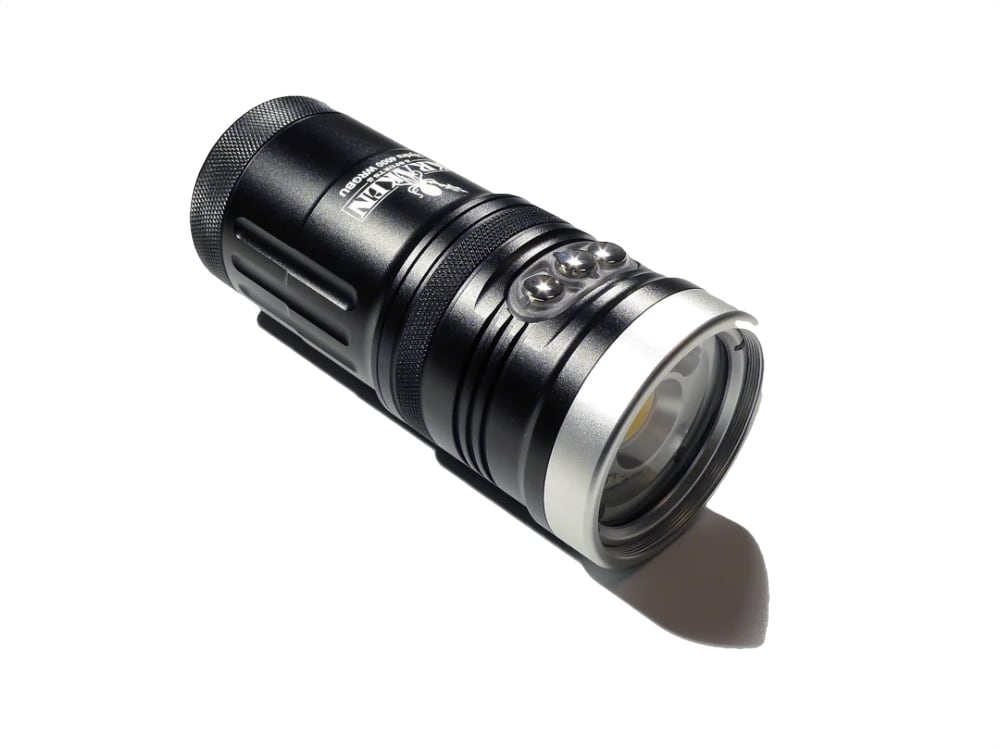
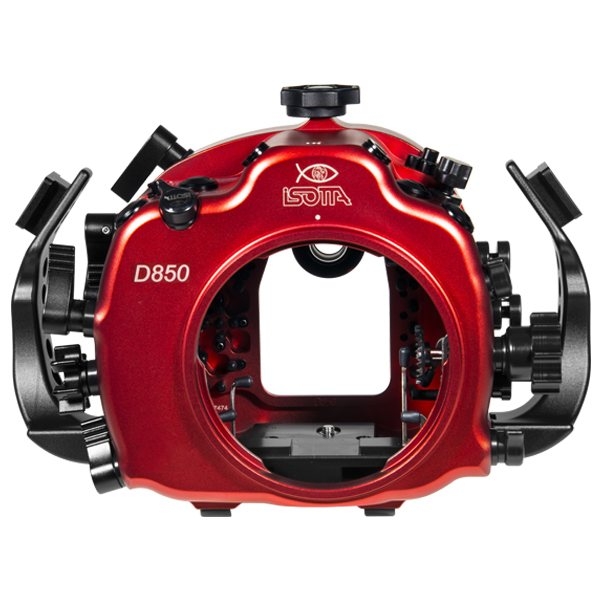
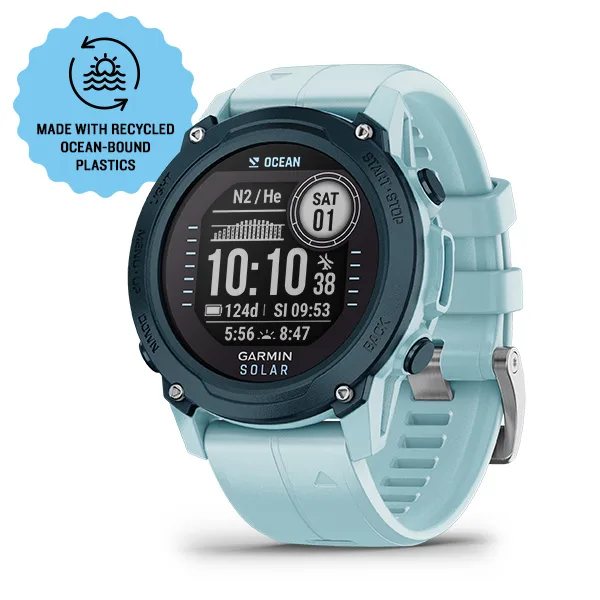
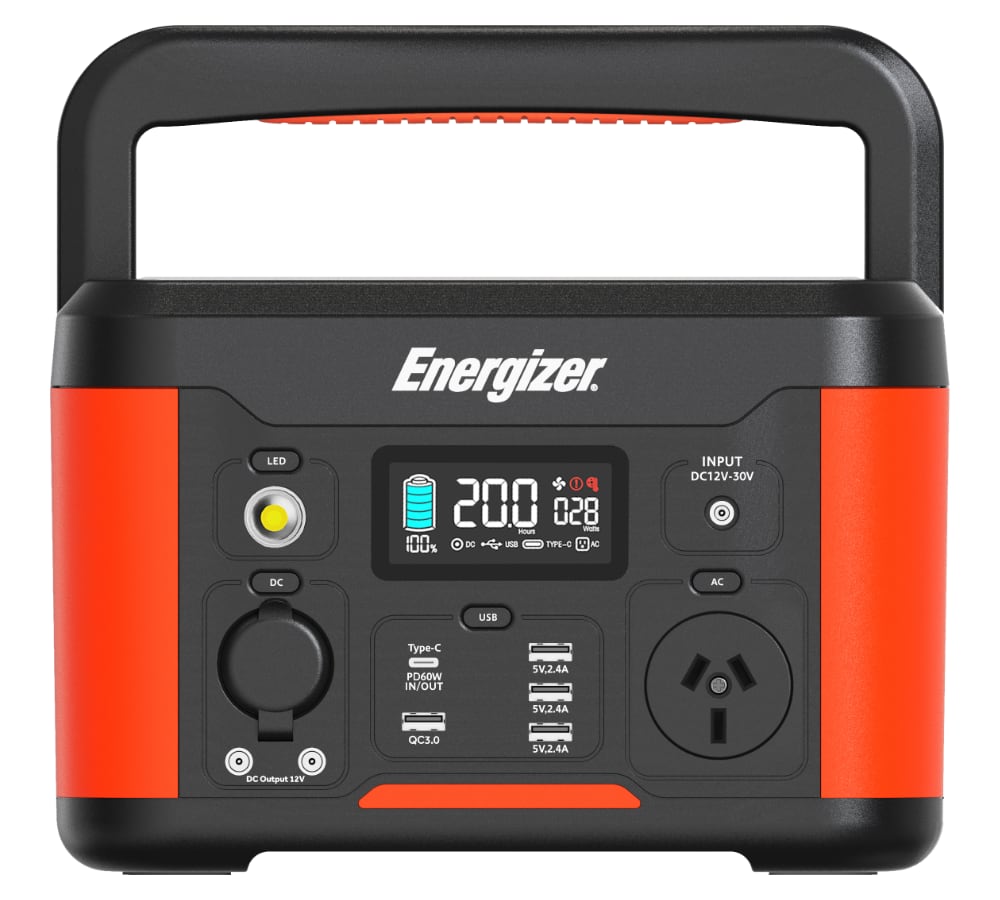
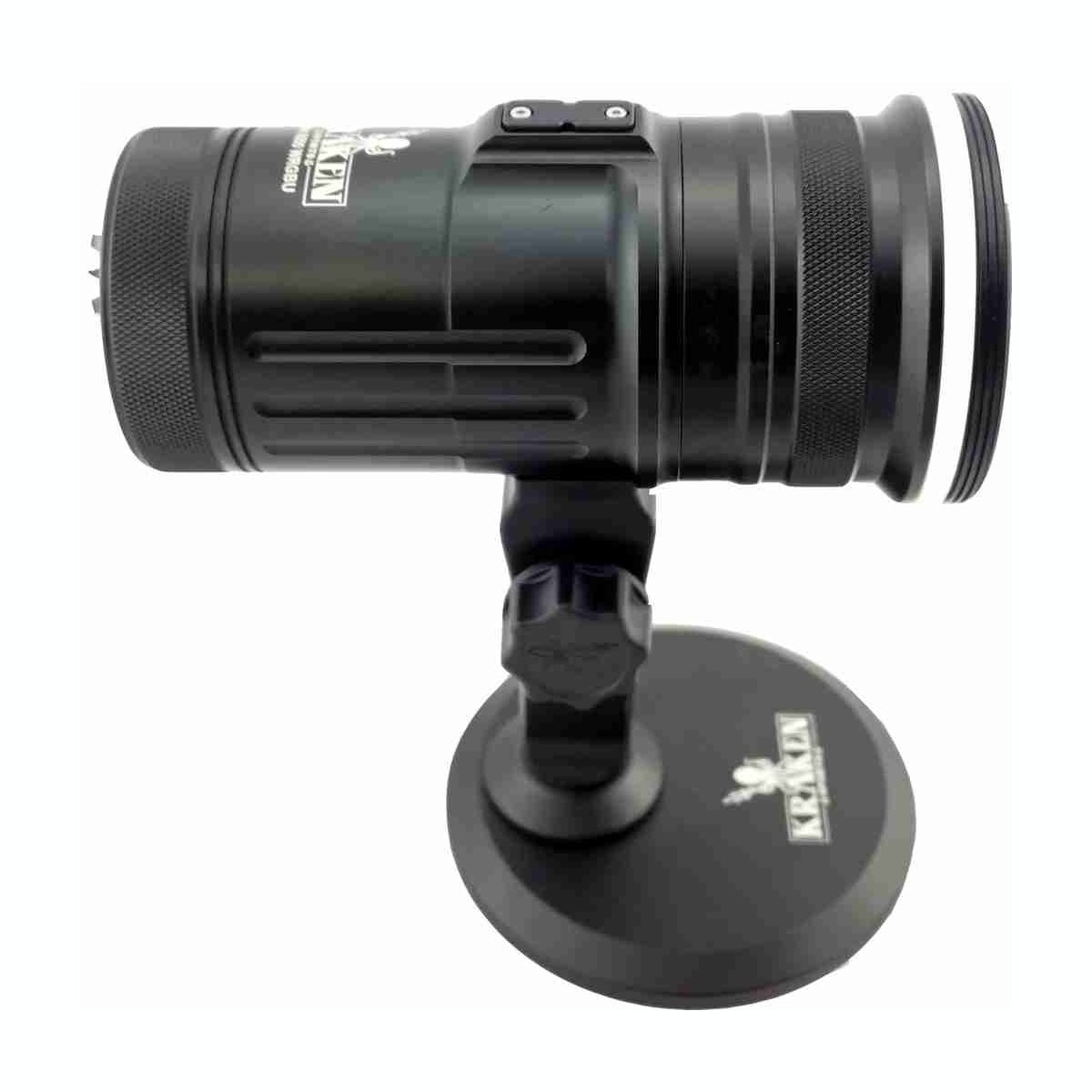



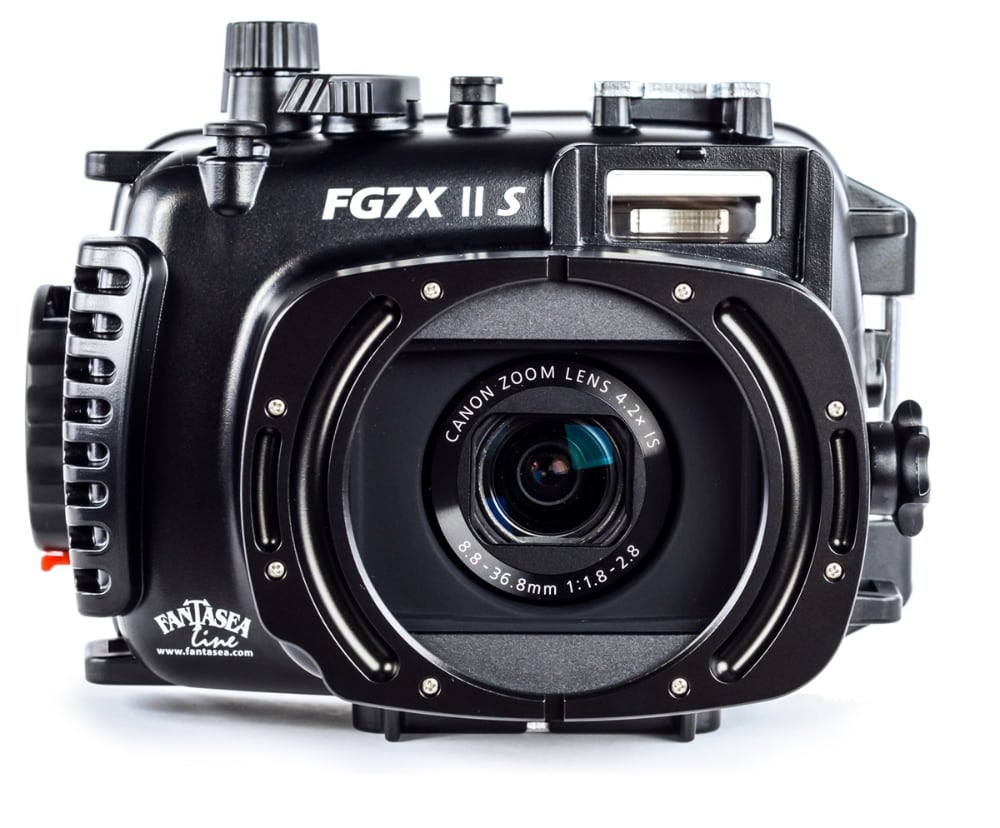 Fantasea FG7X II S Vacuum Underwater Housing for Canon G7X Mark II
Fantasea FG7X II S Vacuum Underwater Housing for Canon G7X Mark II 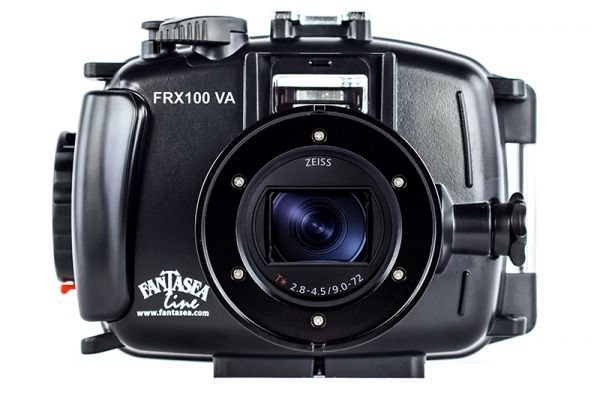 Fantasea FRX100 VA Vacuum Underwater Housing for Sony RX100 III / IV / V / VA
Fantasea FRX100 VA Vacuum Underwater Housing for Sony RX100 III / IV / V / VA  Scubalamp PV21 LED Video/Photo Light - 2000 lumens wide - 1200 lumens spot
Scubalamp PV21 LED Video/Photo Light - 2000 lumens wide - 1200 lumens spot 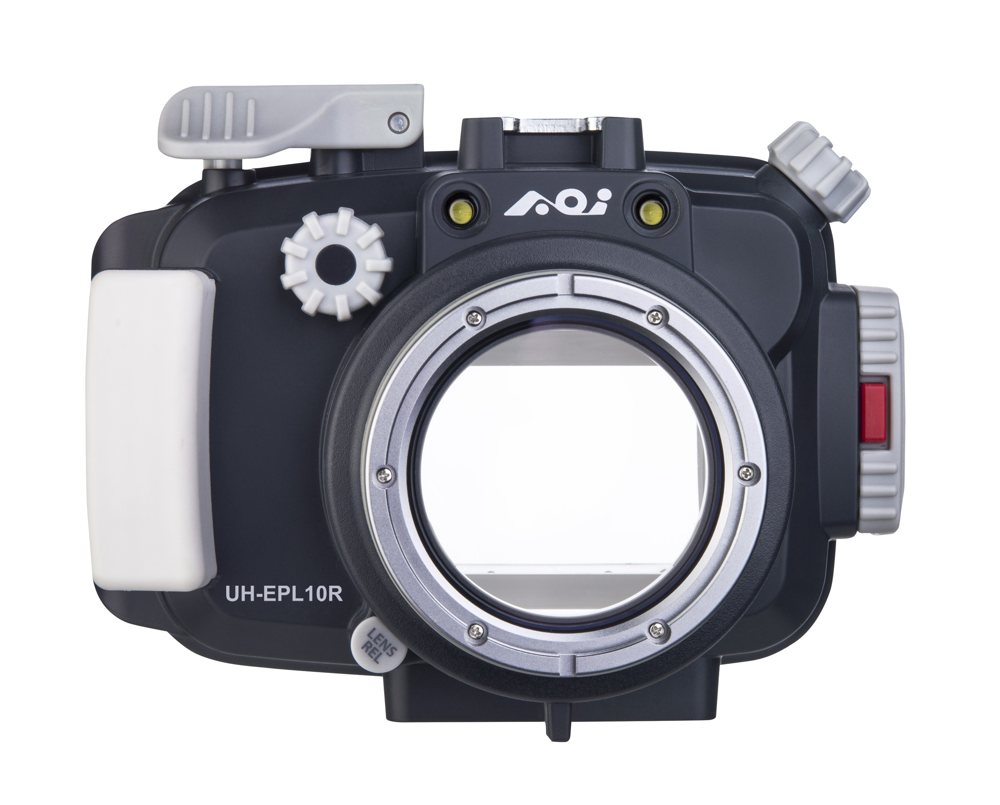 AOI UH-UPL10R Underwater Housing for Olympus Pen E-PL9/E-PL10 - NEW VERSION
AOI UH-UPL10R Underwater Housing for Olympus Pen E-PL9/E-PL10 - NEW VERSION 

